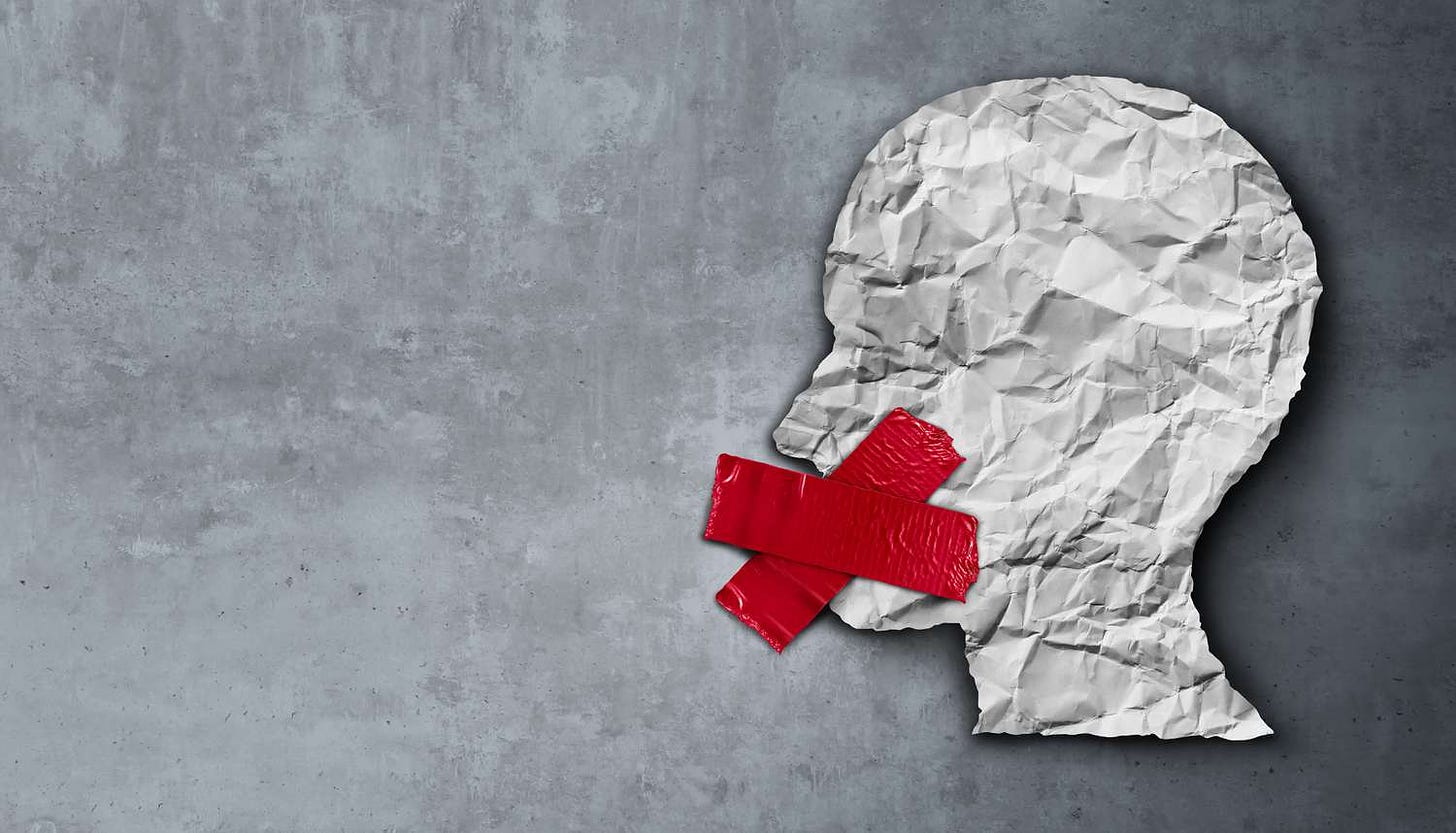A “free-speech tsar” is an oxymoronic absurdity: You cannot impose tolerance from above
Freedom from fear requires economic and cultural change
Thinking about the state of the nation’s freedom is like thinking about the national health. We start by assuming we are dealing with a single issue, and find ourselves falling into an argument about the structure of society.
You say you want to improve the NHS? Don’t believe you can confine yourself to discussing how to improve hospitals. The UK needs to tackle poverty, obesity, junk food, public transport, pollution, overcrowding and drug addiction – just for starters.
You say you want to protect freedom of speech? Then reforming the culture and the economy is as important as opposing overt acts of censorship.
Take the ever-contentious issue of free speech on campuses. The Times reports that Rishi Sunak is preparing to make Arif Ahmed his “free speech tsar”. The Cambridge philosophy professor will have powers to ensure academics and visiting university speakers are not “cancelled” or censored for controversial views.
You can begin to grasp the complexity of the issue by considering our asinine government’s willingness to bestow the title of “tsar” on public officials. In the past when ministers appointed “drugs tsars” and “homelessness tsars” their grandiosity was merely ridiculous. Now they are giving us a “free speech tsar” it is insulting.
The actual tsars of Russia imposed widespread censorship, enforced by their secret police the Okhrana. Tsarist policy was to insist that Russian was the only official language minorities in their empire could use. Poles, Lithuanians, and Ukrainians faced punishment for freely speaking their native tongues. In our day, the old tsarist policy of enforced Russification has manifested itself in Vladimir Putin’s invasion of Ukraine.
As Putin sees himself as heir to the tsars, and entertains visitors to the Kremlin in a state room furnished with statues of Peter the Great and Catherine the Great (whose imperialist armies colonised Crimea), “free speech tsar” is a title even politicians as ignorant of history as our rulers should know to avoid. (And if they do not know it, they should at least recruit civil servants who could know it for them.)
That said, Prof Ahmed is a fine choice. I have interviewed him several times and found his determination to ensure that universities confront received ideas inspiring. He told Cambridge students last year that they should be in an “environment where you can say pretty much anything you like and other people can say whatever they like as well. [You should] expect to be offended and being offended or shocked shouldn’t automatically be grounds for complaint”.
I am sure he will work hard to ensure that academics and students are protected from unwarranted pressure. But as he knows from his own hard-won experience, the shocking cases that make the news are atypical. Everyday censorship in universities and the public and private sectors is a quieter and more insidious phenomenon.
In 2020, Ahmed led a successful challenge to the Cambridge University authorities that wanted to impose dangerously fuzzy rules that could punish academics and students for real or imagined micro-offences. When Ahmed’s dissenting proposal to strike the measure down went to a secret ballot, dons gave him their overwhelming support. They stopped the vice chancellor imposing “woke restrictions,” for want of a better phrase. They revolted and endorsed Ahmed’s proposals that academics and students should be free to disagree in the most robust terms as long as they “tolerate” each other and do not seek to ban or intimidate opponents.
Yet Cambridge’s defence of academic freedom is not as stirring a story as it first seems.
Keep reading with a 7-day free trial
Subscribe to Writing from London to keep reading this post and get 7 days of free access to the full post archives.




